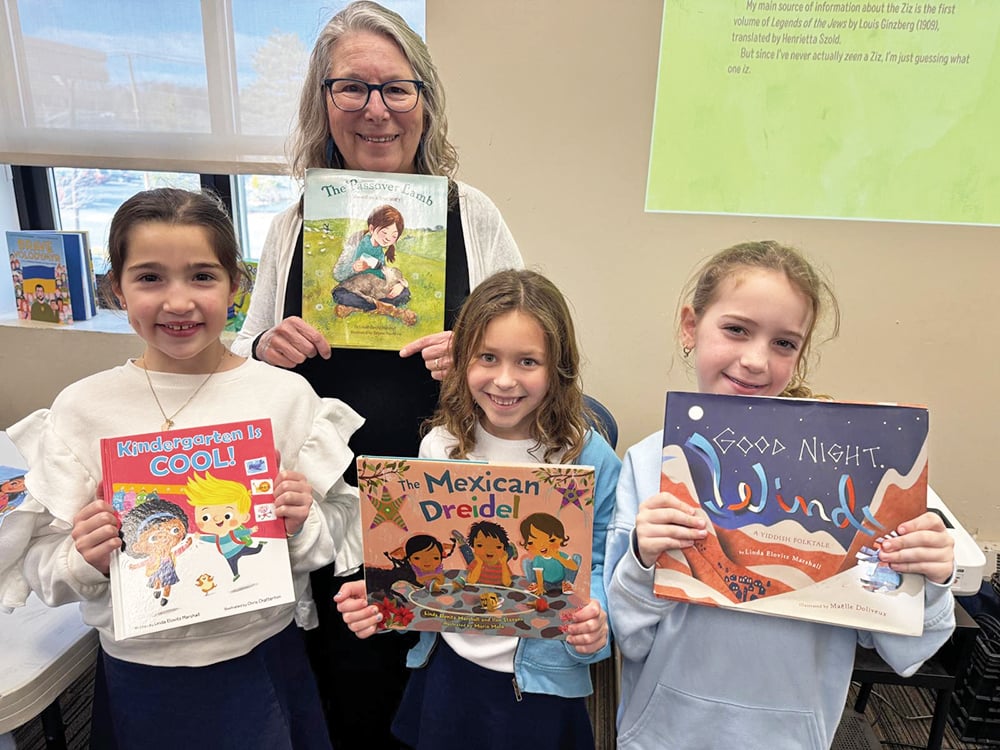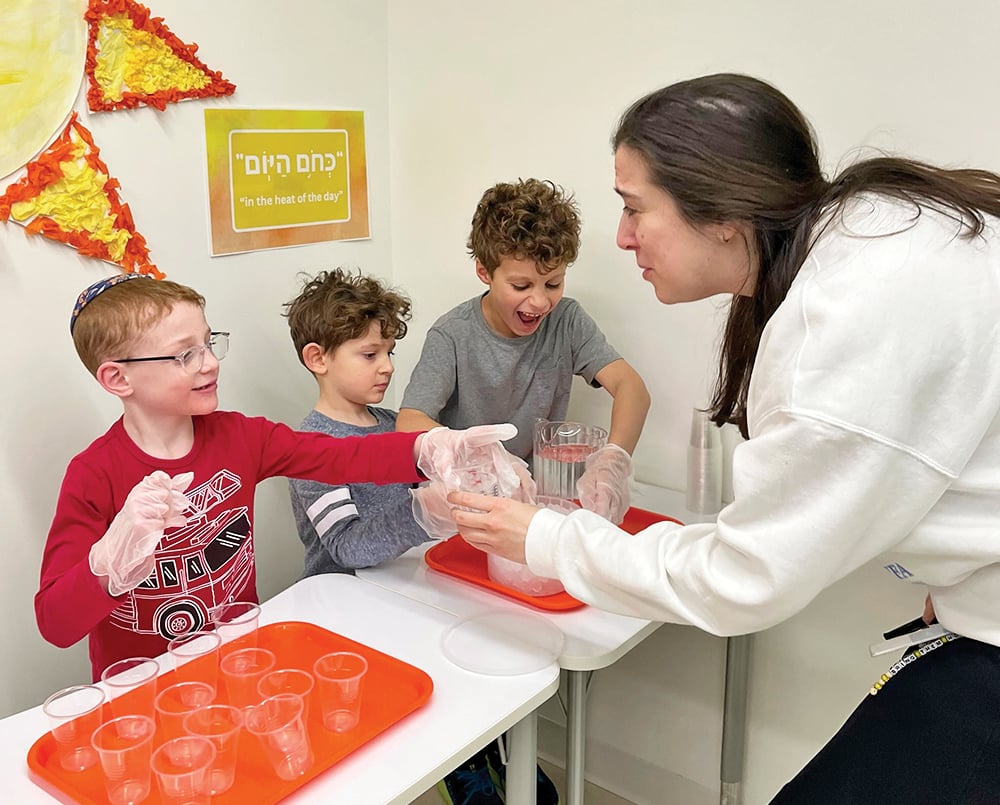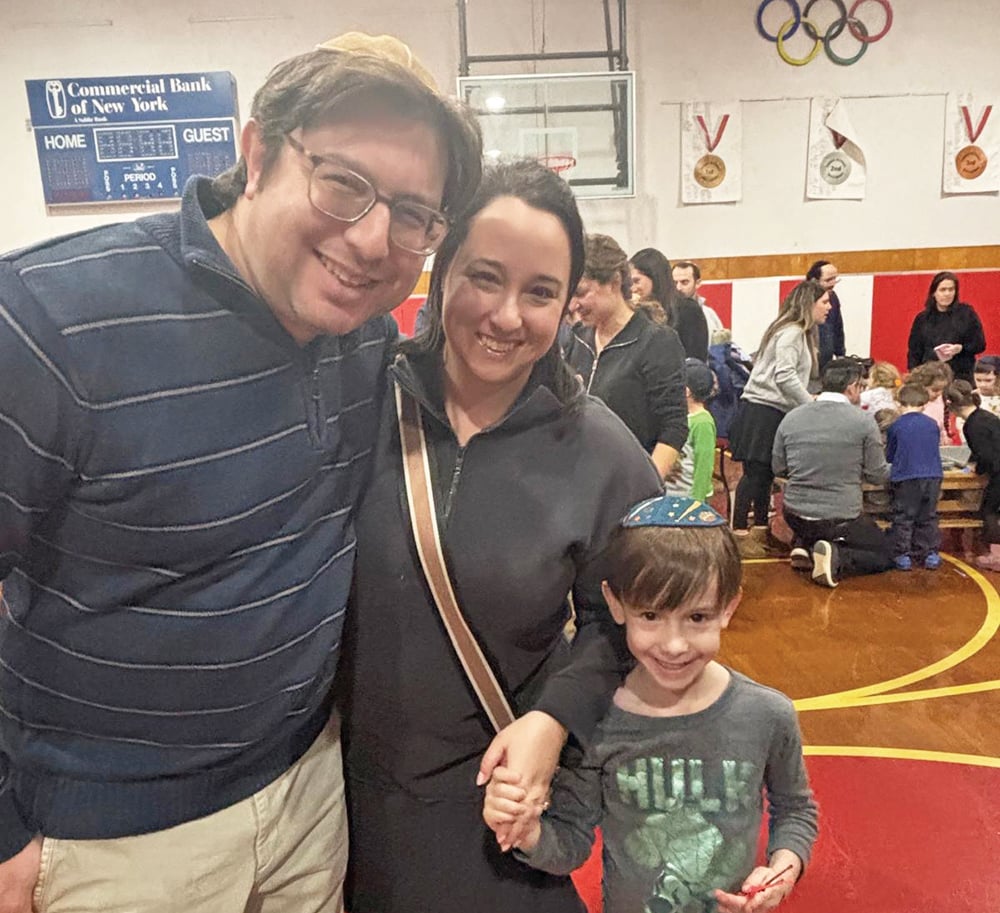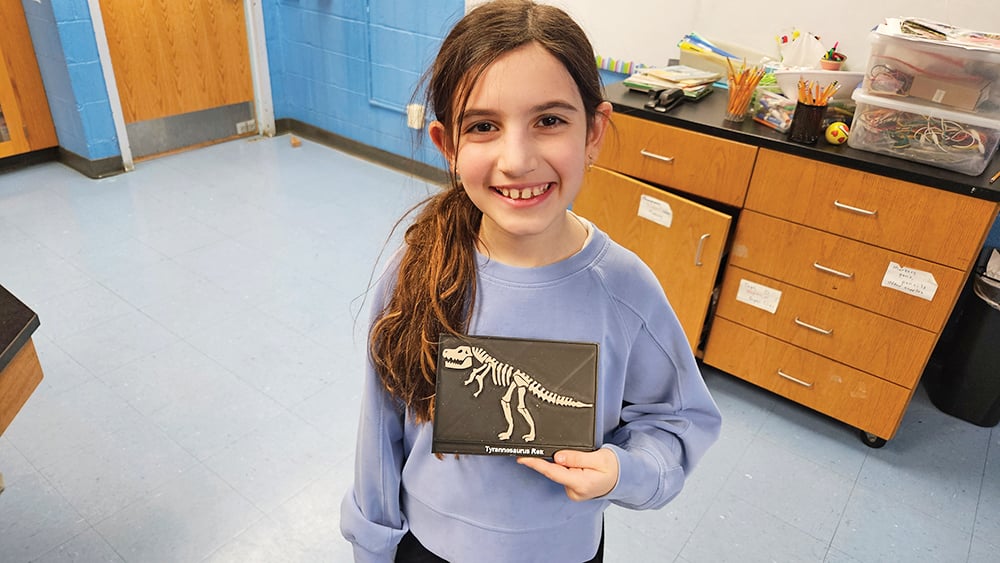
As I was driving back from visiting the Jewish inmates at the Bergen County Jail, a quote by King Solomon came to mind.
“It is better to go to the house of mourning than to the house of feasting.”
Why so? Because going to a party might be fun, but when you leave, you pretty much stay the same. But going to a house of mourning always causes you to come face-to-face with uncomfortable questions and thoughts. It always leaves an impact.
I think that going to visit a jail has a similar impact.
You think about freedom. You think about how much you have in life and that you don’t appreciate enough. You think about people who are simply… jailed. Stuck.
My first stop was in the ICE section. This is where people with immigration violations are being held. Many of them are otherwise decent people who overstayed their visa.
We read the Megilla. We sang. We danced. We said l’chaim (on grape juice), we learned some Torah.
For that hour, it seemed as if we were transported to a different place.
Outside the little room where we conducted our services, tens of bunk beds are standing next to each other. The inmates were pacing around the room, looking for something to do. Some were watching TV, others were playing some sort of board game.
Imprisonment is a cruel punishment. It robs you of the most basic human need: the ability to choose, the freedom to do what you prefer. (Did you know that imprisonment was never accepted by the Torah as a legitimate form of punishment?)
In prison, you don’t have a choice. Everything is being dictated to you: what you eat, when to sleep, where to go.
We spoke about the story of the Megilla. We talked about the power of the soul. Our sages teach that the body is like a prison for the soul. While the soul yearns to live a divine, spiritual life, the body is insisting on its bodily needs and temptations.
But can you be free while being in captivity?
Can a soul reach higher even while being arrested inside the body?
You bet.
So we sang some more and danced some more. How tough is it to be away from your family for Purim, to be disconnected from the outside world. But it’s Purim, time to be happy, to forget about all of our sorrows and reach higher.
We hugged. “I will be back,” I said. Actually, I hope they will be out sooner.
Goodbye.
Happy Purim.
Another hug.
As I drove back, so many thoughts came to mind.
I thought about my own “jail,” those little habits I can’t seem to get rid of. They jail me, they try to control my life, they make me feel stuck.
But I don’t need a lawyer to help me escape them. I simply need to work on myself.
I also felt very good. Doing a mitzvah always makes you feel good. But this kind of mitzvah has a special effect. Even my wife commented how it seemed “I said some extra l’chaim,” but it was only grape juice…
I think about the Rebbe. How fortunate we are to be able to learn from his teachings and follow his inspiration. If not for him, would I have chosen to spend part of my Purim in jail? I don’t think so.
And I am so grateful to all of you: those who came on Wednesday night and those who came on Thursday; those who contributed and those who encourage us with their kind words. All of you. You are part of this story.
May the joy of Purim stay with us forever.
By Rabbi Mendy Kaminker
Rabbi Mendy Kaminker is the rabbi at Chabad of Hackensack and the editorial director of Chabad.org. Special thanks to Bergen County Jail chaplain Rabbi David Saltsman and Rabbi Joel Friedman for coordinating this visit. Rabbi Mendy can be contacted at [email protected].













